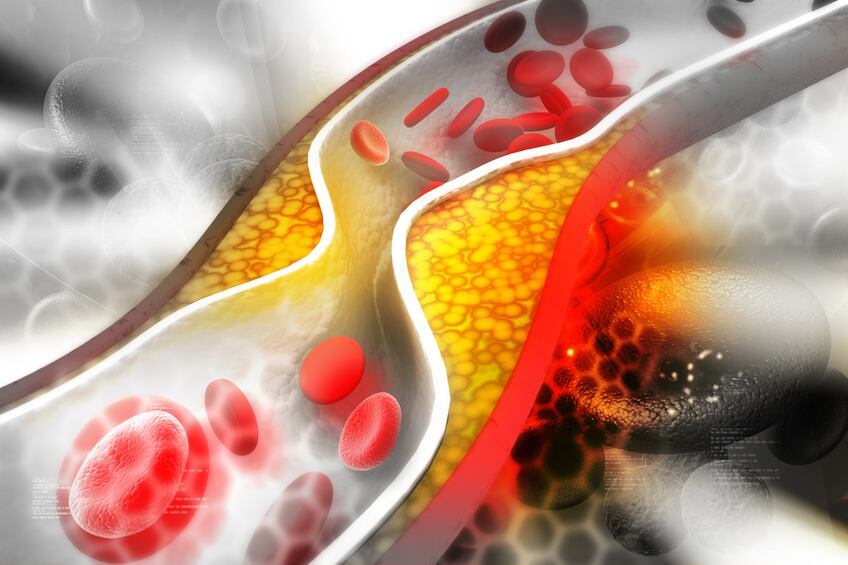The review part-funded by the Egg Nutrition Centre looked at studies between 1982 and 2015 on the relationship between egg intake and coronary heart disease with a total of 276,000 subjects and stroke with a total of 308,000 subjects.
The studies took place in the US, Japan, Australia, Spain and the UK and had varying follow-up periods ranging from six to 26 years.
Specifically the review published in the Journal of the American College of Nutrition compared high egg intake of about one egg per day with low egg intake of less than two eggs per week.
The research team from the EpidStat Institute in Michigan in the US found no association with heart disease but found a significant 12% reduction in stroke risk.
This was seen for fatal stroke, ischemic stroke and hemorrhagic stroke.
A controversial history
Eggs are a good source of nutrients like protein, folate, iodine and vitamins D, A, B2 and B12 as well as lutein and zeaxanthin in the yolk.
Yet a single large egg also contains about 186 mg of cholesterol.
The American Heart Association recommends healthy adults limit dietary cholesterol intake to no more than an average 300 mg per day.
Other recommendations have advised individuals at high risk of cardiovascular disease to keep this below 200 mg.
Meanwhile UK’s National Health Service advises people eating a balanced diet to cut down on eggs only if they have been told to do so by their medical doctor or dietitian.
The UK says people at high risk of or with cardiovascular disease should consume no more than 300 mg per day of dietary cholesterol.
The impact of this cholesterol content on cardiac health has been a subject of contention for decades with recommendations varying.
“Historically, the role of egg intake on cardiovascular health has been an area of controversy, with apparent scientific misperceptions. This is largely the result of eggs being a prominent source of cholesterol in the human diet and the role of dietary cholesterol on cardiovascular outcomes being an area of debate,” wrote the researchers.
“However, a growing number of guidance committees suggest that there should be no restrictions on dietary cholesterol intake. Eggs are a nutrient-dense food, providing a good and affordable source of protein, essential fatty acids, antioxidants, choline, vitamins, and minerals. Thus,

recommendations regarding the consumption of eggs should consider them as a whole food.”
One researcher recently spoke out against the medical world's preoccupation with lowering cholesterol levels.
Dr Ioannis Zabetakis, lecturer in food lipids at the University of Limerick, said in September that high serum cholesterol shouldn't be centre focus in cardiovascular disease strategies.
"It doesn’t matter what your cholesterol levels are as long as you have anti-inflammatory foods in your diet. Once you stop inflammation it is like constructing a huge wall against a plethora of diseases,” he said.
Call for more research
The British Heart Foundation (BHF) said the review reinforced previous findings that eggs could be eaten as part of a healthy diet without increasing the risk of heart disease in healthy individuals.
However ultimately it urged caution when interpreting the results.
BHF senior dietitian Victoria Taylor said: “From a nutritional perspective, it’s been a long time since UK health organisations recommend a restriction on egg consumption.
“The fact that eggs can reduce your risk of having a stroke is interesting, however more research is needed to fully understand this association.”
She said importance should also be placed on how the eggs are cooked and what they are eaten with.
“For example, poached eggs on wholegrain toast is a very different meal to a fry up.”
Source: Journal of the American College of Nutrition
2016 Oct 6:1-13, doi.org/10.1080/07315724.2016.1152928
“Meta-analysis of egg consumption and risk of coronary heart disease and stroke”
Authors: D.D. Alexander, P.E. Miller, A.J. Vargas, D.L. Weed, S.S. Cohen
